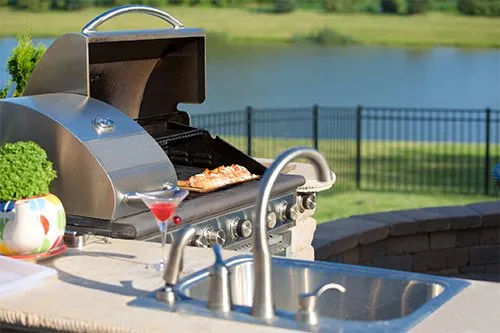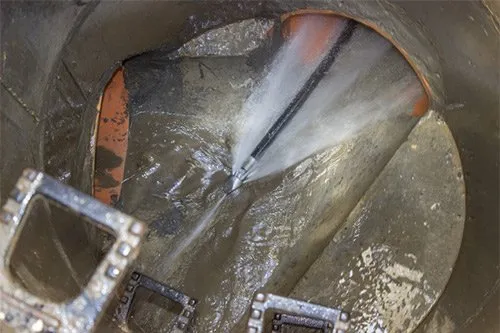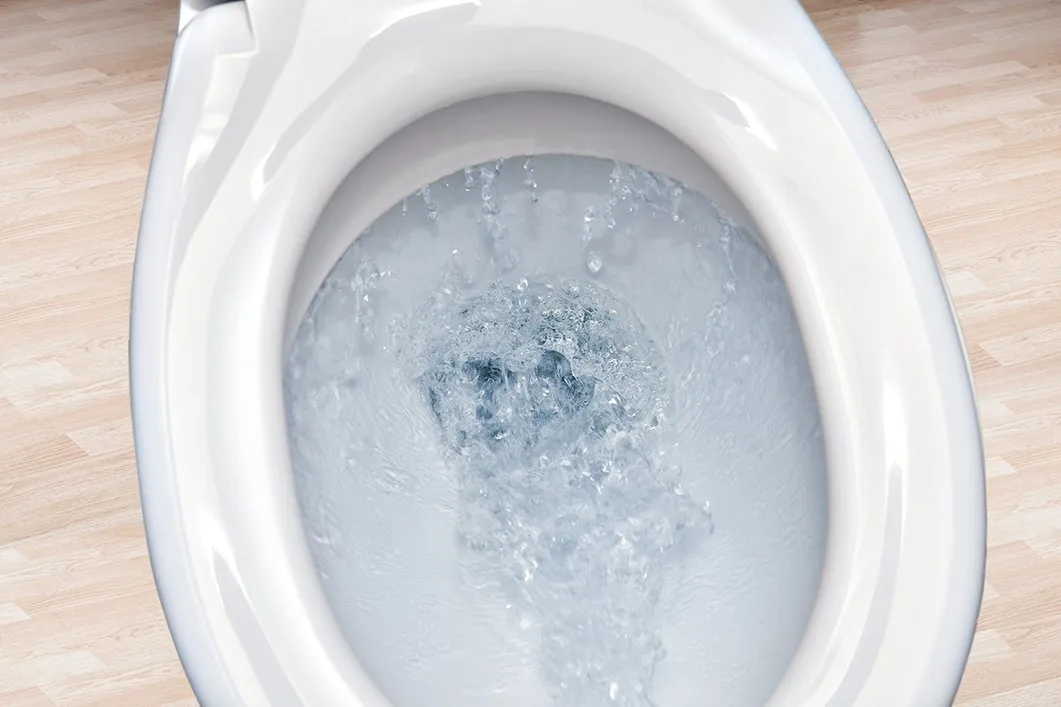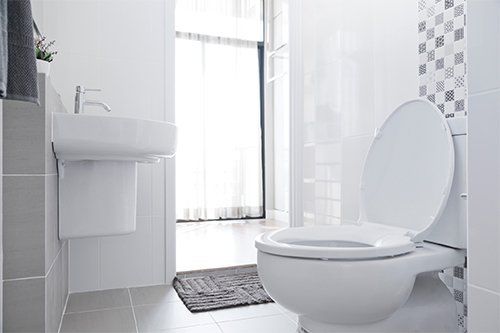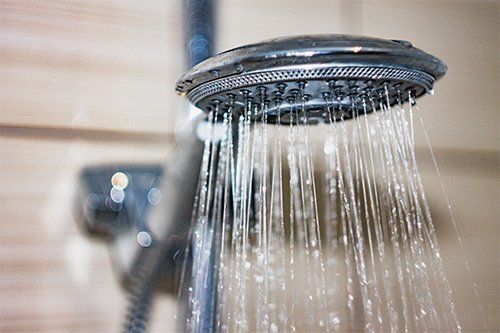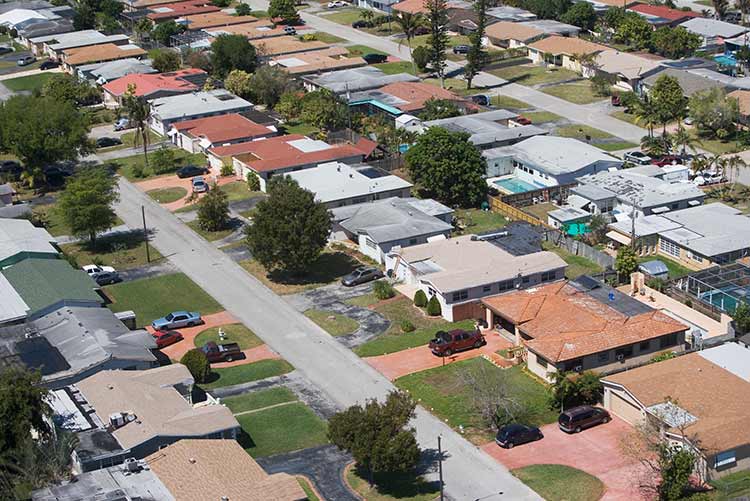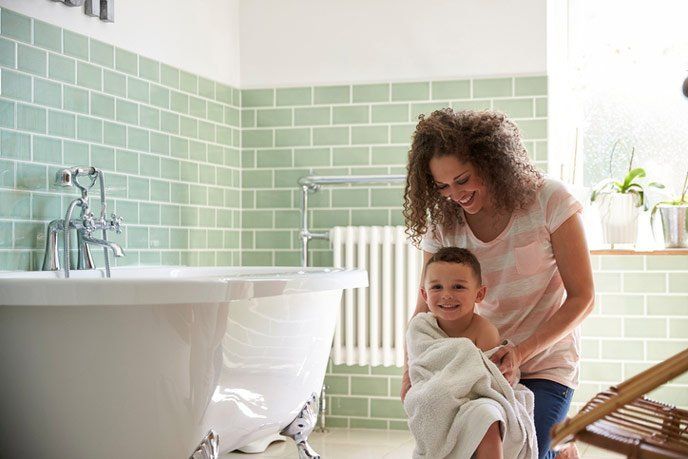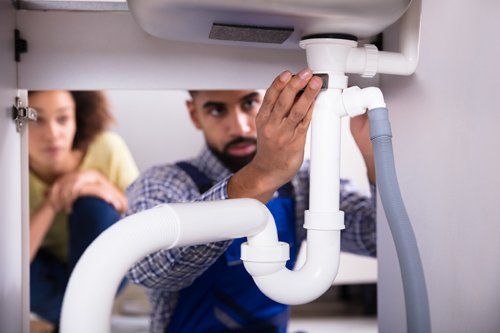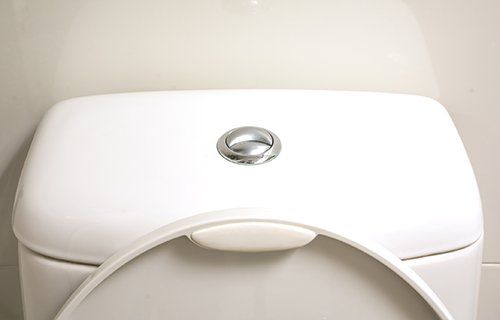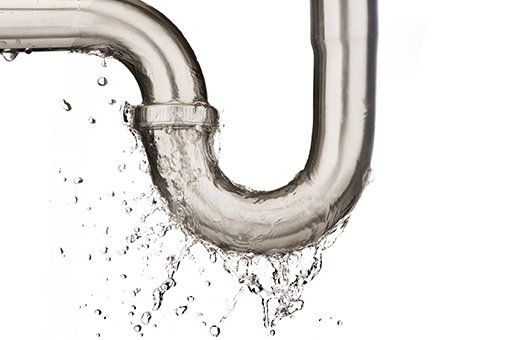
As a homeowner, you will most likely hear many different noises over time in your home. From creaking in the floors and moving air through your attic to the various sounds your appliances make, these noises are all common and extremely normal from time to time.
Unfortunately, a loud banging noise coming from your plumbing may be a cause for concern. Known as a water hammer, this loud bang is most common in older homes, but it can occur in new homes as well. Even though it affects many homeowners, most people are not familiar with the causes and treatment options for water hammers.
This guide and your plumber will help you address a water hammer in your own home.
Water Hammers
Firstly, you need to understand an actual hammer is not inside your water lines. The name refers to what sounds like a hammer banging on your pipes.
In reality, the noise actually stems from pressure in the pipes that occurs when water turns on or off suddenly. This pressure leads to the pipes moving and banging against the walls and other pipes.
You can compare a water hammer to a type of shock, which a variety of issues may cause.
A hydraulic shock is the most common type of water hammer. Caused by the sudden halt of water flowing, the hydraulic shock may occur when you turn off a faucet or close a water valve.
A water hammer may also stem from a thermal shock, which occurs when a sudden change in temperature occurs inside your pipes. This temperature change can increase the flow of water through your plumbing lines and cause the banging associated with the water hammer.
A clog within your plumbing lines may also cause the pipes to bang. Or if the pipes don't secure properly to your home's framing, the pipes will lack support to hold them in place when water moves through your plumbing lines. Both clogs and improper support can also cause the water hammer problem.
Professional Treatment
While the banging noise is annoying, a water hammer can also be very dangerous. If too much pressure builds up inside the pipes, the pipes may expand and crack, leading to water leaks and costly water damage.
An inspection by your plumber can help determine the cause of the water hammer issue before designing a plan to stop the noise while preventing future damage to your plumbing system and home.
In most cases, plumbers will drain the water lines first. Since clogs and excess air may cause a water hammer, flushing the pipes out may solve the problem.
Installing a surge arrester is also a common treatment for a water hammer. Arresters act as shock absorbers, reducing the amount of pressure inside the pipes, which prevent the water hammer. The arresters go directly into the water line and effectively absorb the shock in the pipes.
A pressure regulator may also be necessary if the water pressure in your pipes measures over 55 psi. Install the pressure regulator where the main water supply comes into the home. The regulator maintains the proper water pressure in your water lines, reducing the risk of a noisy water hammer and plumbing leaks.
Finally, if your water hammer stems from improperly secured pipes, your plumbing contractor can help. Pipe strapping can secure plumbing lines to your home's framing and reduce any possible movement while water runs through your pipes.
For assistance diagnosing and treating a water hammer or other plumbing problem, contact Moody Plumbing, Inc., today. We are happy to answer your questions and provide you with a free estimate.


